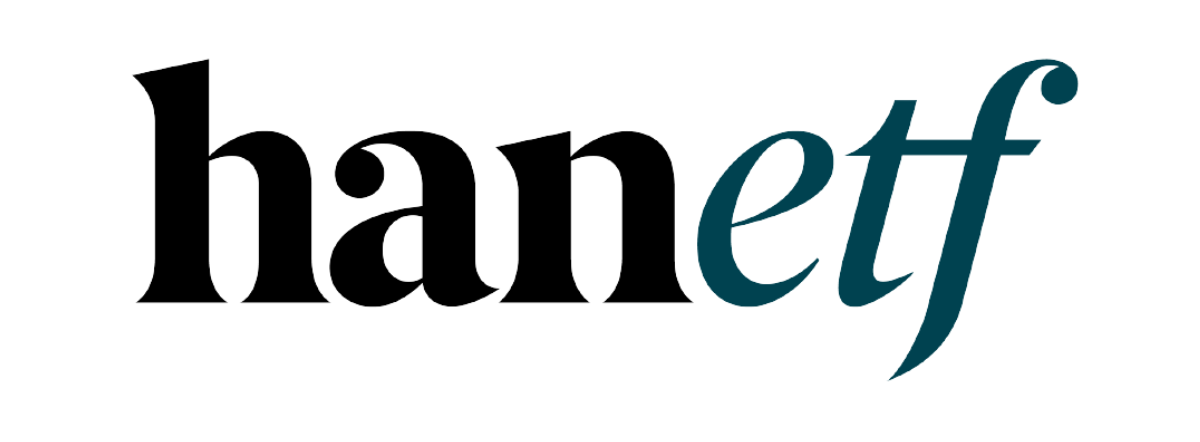In recent years, ETFs have been used by the Federal Reserve as a tool for monetary policy, now it seems the wrapper is on the cusp of being used as a fiscal treasure trove by the Japanese government as part of a distribution of wealth worth hundreds of billions of dollars.
This week Japanese finance minister Shunichi Suzuki said the government should look to buy the Bank of Japan’s (BoJ) ETF stockpile at book value as a means of “securing sources of revenue”.
The BoJ began buying ETFs as part of its inflation management strategy in 2010 and had conducted around $400bn in purchases of Japan domestic equity ETFs by 2021.
After changes to the BoJ’s balance sheet strategy, the government is proposing to buy its remaining holdings with a market value of $379.5bn at book value – a $114bn reduction – to counteract the wealth disparity between different age groups in the country.
Currently, over-sixties claim around 60% of all household financial assets in Japan, a situation the government is looking to remedy by distributing the BoJ’s ETF holdings to younger citizens.
However, this raises several important questions such as if the proposals are enacted, will this be at book or market price? This will be a topic of debate between lawmakers and monetary policymakers.
The next is what merit this approach has as a fiscal policy, what will the impact be of injecting around $300bn into the pockets of young consumers and is this the most prudent approach to long-term wealth creation?
Third and perhaps most important is the issue of what impact the move will have on Japanese equities. It will be hard to predict the timing of the ETFs being offloaded, especially if this is left to the discretion of individuals.
While the BoJ switched to exclusively buying ETFs tracking the TOPIX index – representing 2,190 companies – in 2021, it spent 11 years amassing ETFs tracking the far narrower Nikkei 225 and 400 indices.
At the time of the decision, the BoJ owned 80% of all domestic ETF assets across different indices, equivalent to 7% of Japan’s $6trn stock market.
A redemption of such a sum could cause notable ripples through Japanese equities. When it announced it would cease buying Nikkei ETFs – without actually enacting any changes – the Nikkei 225 fell 6.1% in a day. Actually disposing of hundreds of billions of dollars of equity could prove far more impactful.
InvestEngine enters ETF savings plans
ETF investment platform InvestEngine has become the latest to tap the hottest buzz word in digital ETF investing – ‘savings plans’.
While bearing some similarity to long-standing model portfolios, ETF savings plans – or sparplan – are a phenomenon that has supercharged retail usage of ETFs in Germany in recent years.
InvestEngine’s plans also offer the ability to invest in 550 commission-free ETFs and will be available to UK customers and eligible for regular payments starting from just £10 a month.
The platform will also use fractional trading, enabling users to purchase a fraction of an ETF from as little as £1.
Hard going for thematic specialists
While tech themes have been on a tear so far in 2023, boutique small ETF issuers operating in more specialist areas have faced challenges in recent months.
After closing nine products since August last year, white-label issuer HANetf announced fee cuts on two ETFs this week.
The HANetf S&P Global Clean Energy Select HANzero UCITS ETF (ZERO) had its fee cut from 0.55% to 0.39% – making it Europe’s second-cheapest clean energy ETF – while the Solar Energy UCITS ETF (TANN) had its fee reduced from 0.69% to 0.49% – making it Europe’s cheapest solar ETF.
The ETFs house $5m and $10 assets under management (AUM), respectively.
Elsewhere, new impact ETF issuer Circa5000 made its long-awaited arrival with five products debuting on the London Stock Exchange this week.
The products are made in collaboration with third-party data providers but in-house IP examining each company in the ETFs’ baskets and their positive and negative contribution to creating positive impacts for their respective themes. What makes them innovative, however, is the promise of passthrough voting to investors.
However, within two months of the products launching, Crica5000 ETF capital markets head Magdalena Kowalik departed the firm.
ETF Stream contacted the firm about Kowalik’s departure and what it means for the business but received no response.
ETF Wrap is the weekly digest of top stories on ETF Stream






